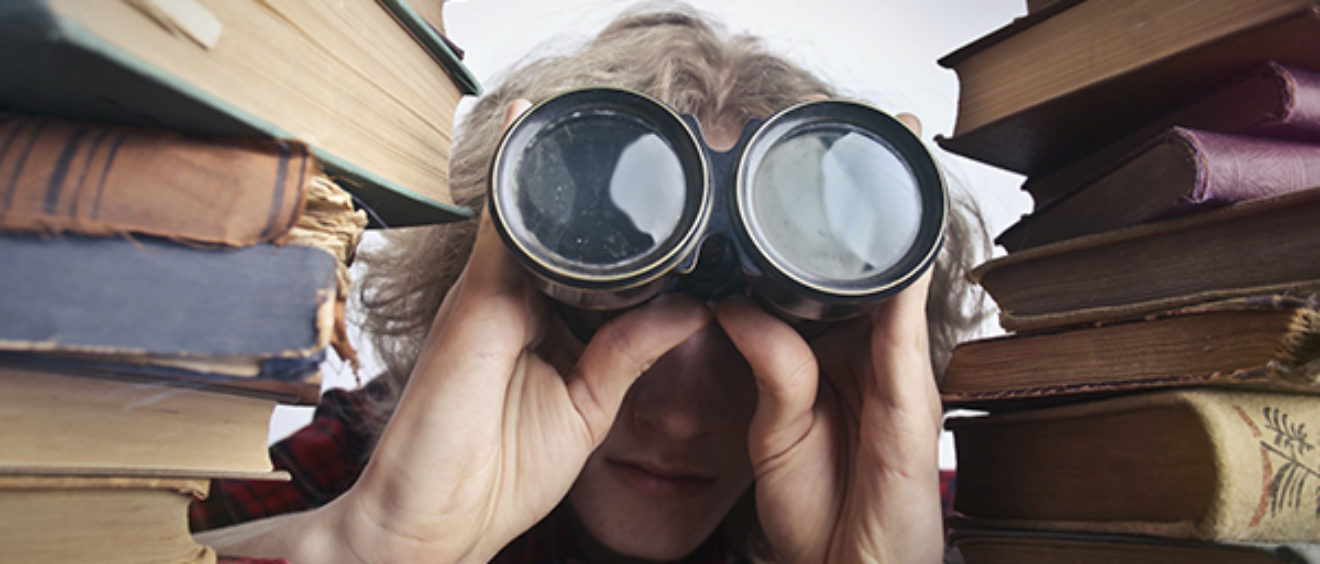In early February, Columbia University Libraries and LYRASIS launched the Virtual Copyright Education Center (VCEC) pilot project. With a stellar faculty drawn from experts in research libraries and museums, “the project will introduce new classes to enable cultural heritage professionals to move beyond a basic understanding of copyright. The project also includes business planning to develop a sustainable service model to enable continued training.”
Even with noticeable growth in the number of scholarly communications positions within the ARL community in the past decade, such positions—advising on issues like open access and copyright—are still less than 2 percent of the professional workforce within ARL. This project will help scale and level up highly specialized knowledge of copyright across research libraries. Librarians work with students and faculty to better understand copyright exemptions like the fair use doctrine that enable their research, teaching, and learning. Librarians will also help prepare campus communities for understanding challenges that might come through the new Copyright Claims Board via the CASE Act.
ARL welcomes this new educational initiative, with its first course, Copyright 101, launching for free during Fair Use Week 2021.

